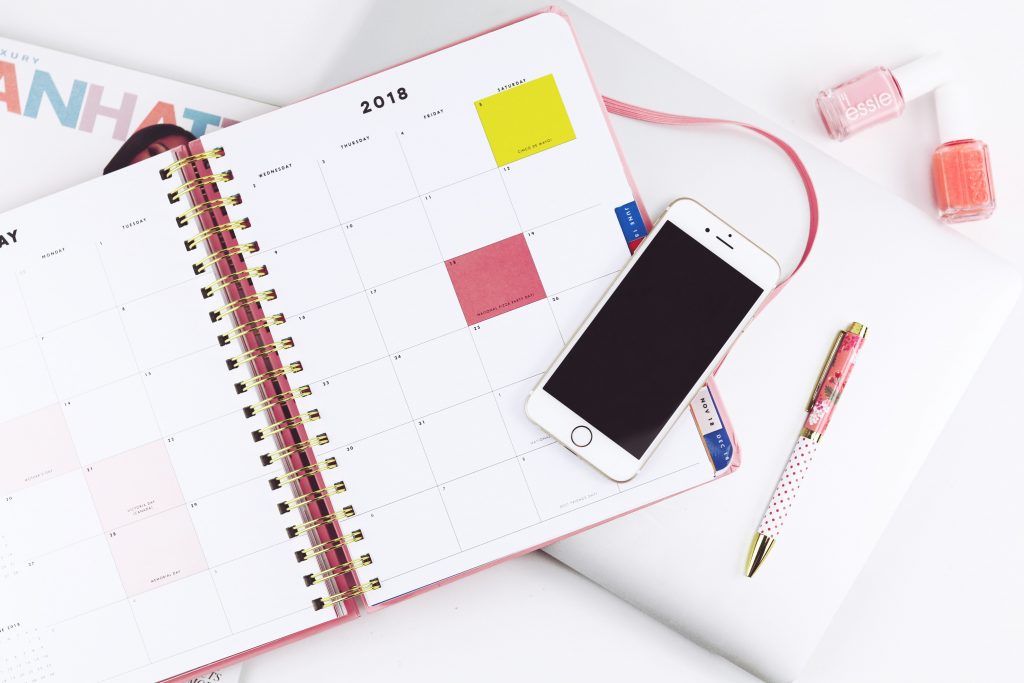
Kate had reached a point where she was really unhappy with her work, her social life, her living set-up. Everything just felt wrong and not suited to her. She needed a career change.
She felt that she had no control over her life and had somehow ended up in a situation that wasn’t making her happy.
She’s a really big-hearted person, who wants to help with terrible things going on in the world.
Office life
Kate had recently started working for an NGO and working with disadvantaged school kids on the side. She wasn’t sure about the NGO work. Part of the issue was the set-up, she really didn’t like the tiring commute, being in the office and at her desk all day, and sticking to formal 9-5 working hours.
Kate loved working with the kids, and wanted to do more, but there didn’t seem to be many opportunities for full-time decently paid work.
Dream life in Paris
She lived in someone else’s house in a nice part of London, but craved her own space and independence. She had dreamed of living in Paris for years, and spent her free time studying French and watching films.
Kate had some career change coaching sessions with me, and at the start she felt lost. She had a vague idea of what she wanted but it all seemed so out of reach and unlikely. She was overwhelmed by the task ahead. But she was intent on finding something that really sat with her values and her lifestyle.
She got specific
Over the weeks we narrowed down what she really wanted; what kind of work, working environment, hours, working space, pay, non work stuff, living situation. We weighed up what was feasible, and felt good, felt exciting. And we worked out a plan that would get her there. She thought out each step, different things she could try, with me prompting or questioning her.
She’d have to do some pretty tough things, like asking her boss for an honest conversation, applying for a job abroad, consider finding accommodation abroad and all the admin that comes with that…but she’d started to see that it was just a series of steps, which she was capable of completing.
Part-time in Paris
And a year on, she’s working for the NGO part-time, remotely, from her new home in Paris. She’s also working with French business students part-time, and loving it.
It’s amazing that what had once been such a faraway dream is now her reality.
If you’d like my help with your career change, email me at joaopoku@gmail.com or contact me via LinkedIn https://www.linkedin.com/in/joannaopoku/.
Photo by Sebastian Brennes on Unsplash


